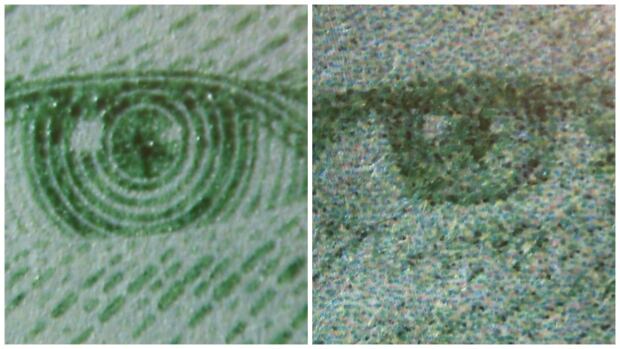http://www.cbc.ca/news/canada/ottawa/ottawa-hospital-files-lawsuit-against-former-directors-contractors-1.3392100
Alleged kickbacks include luxury trips, discounts on cars, free personal home renos
CBC News
Posted: Jan 06, 2016 5:04 PM ET
Last Updated: Jan 06, 2016 5:37 PM ET
The Ottawa Hospital has accused two longtime former directors in
charge of large budgets and projects of conspiring with contractors to
defraud the hospital in exchange for luxury vacations, family favours
and deep personal discounts, according to a statement of claim filed
yesterday.
Frank Medwenitsch, the former director of planning and capital projects with a signing authority of $100,000, and Brock Marshall, the former director of engineering and operations responsible for procuring contractors, are accused of breaching their fiduciary duty through fraud, embezzlement and misappropriation of funds, according to the statement of claim.
The 29-page statement of claim alleges
that Medwenitsch arranged a job for his daughter at Federal Electric
without her knowledge, and in return allowed the company to bill at
inflated prices for its work on hospital projects.
"$1,280 of the $6,300 picks up Katrina — the remainder goes towards
the project," an August 2014 text message from Medwenitsch to Federal
Electric read, according to the statement of claim.
Medwenitsch resigned in October 2015 and Marshall retired in
April 2015, after being offered an early retirement package. The
hospital's statement of claim says it "had no knowledge of the
fraudulent scheme" when it offered Marshall a retirement package.
The Ottawa Hospital launched an external audit in 2015 after
noticing irregularities in its planning and facilities department. It
said in a statement on its website that it has referred the case to police.
Allegations of improper bidding advantages
In addition to Medwenitsch and Marshall, the other defendants listed in the statement of claim are:
- Federal Electric and its director Larry St. Pierre. According to
the statement of claim, Federal Electric was prequalified on the
hospital's list of electric contractors for projects up to $7.5
million.
- DRS Construction (incorporated as 1436937 Ontario Inc.) and its
director Gerry Dubé, both involved in projects at the hospital since
2000. DRS was prequalified on the hospital's list of general contractors
for projects up to $250,000 in 2011, according to the statement of
claim.
- GAL Power Systems Ottawa and its director Guy Adrian Lapierre.
- Pro Management Construction, Ottawa Diamond Construction and Roch St-Louis, who is the director of the former and operator of the latter.
Medwenitsch and Marshall are accused of giving the companies
improper advantages, including handing over advanced copies of
procurement documents, internal hospital communications about projects
and information about their competitors' bids, according to the
statement of claim.
The former directors are also accused of "knowingly" approving
invoices for work that was not performed or not yet complete, and
approving inflated prices.
The hospital also alleges that Medwenitsch conspired with Dubé and
St-Louis to "essentially extort Marshall" in 2014 to pay for
"unsupported and improper" invoices dating back to 2010.
The suit calls for to yet-to-be determined fraudulent financial damages, as well as $250,000 in punitive damages.
The hospital asks for access to financial assets, accounts and
transactions of each of the defendants in order to trace the monies
believed to be fraudulently obtained. It also requests injunctions to
prevent "the defendants from disposing of any of their assets."
Alleged kickbacks include luxury vacations
Federal Electric and GAL Power Systems Ottawa allegedly contributed
to the cost of several fishing trips that Medwenitsch attended including
a "lavish fishing trip" in July 2015 that continued on to San Francisco
and the Napa Valley, according to the statement of claim.
Dubé, who owned an automotive business, is accused of selling
"multiple cars" to Marshall and his family "at below cost or no cost"
between 2012 and 2014, according to the statement of claim.
Pro Management Construction and Ottawa Diamond Construction allegedly
painted, fixed the roof and did other home repairs for Marshall and his
daughter at below cost or no cost.
GAL Power Systems Ottawa also employed Medwenitsch's other daughter
between 2009 and 2010, but it is unknown whether kickbacks were
involved, according to the statement of claim.
The Ottawa Hospital claims these, and other kickbacks listed in the statement of claim, were not declared to the hospital.
None of these allegations have been proven in court. The defendants
that CBC were able to contact refused to comment at this time.
Read the full statement of claim here.








